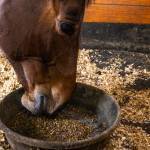Nutrition
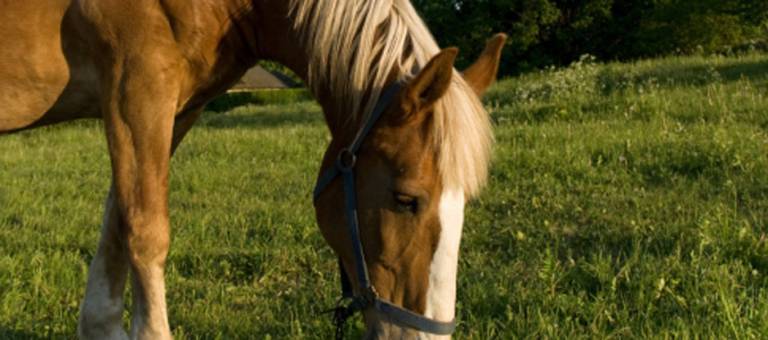
March 29, 2012
How to Properly Conduct an Equine Nutrition Evaluation: Figuring Requirements
Ration evaluations are intended to compare a horse’s daily nutrient intake to a set of requirements to see how
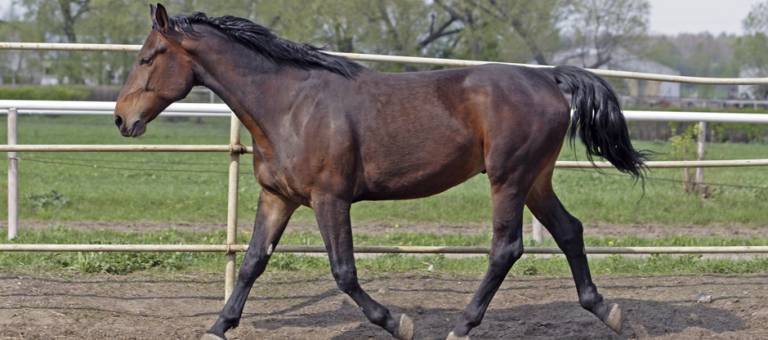
March 28, 2012
Gastrointestinal Tract Basics: The Horse’s Foregut
The foregut of the horse includes the esophagus, stomach, and small intestine.

March 28, 2012
Nutrition of the Stallion
The domesticated stallion may never go hungry, but he is usually confined in a small area; fed two meals
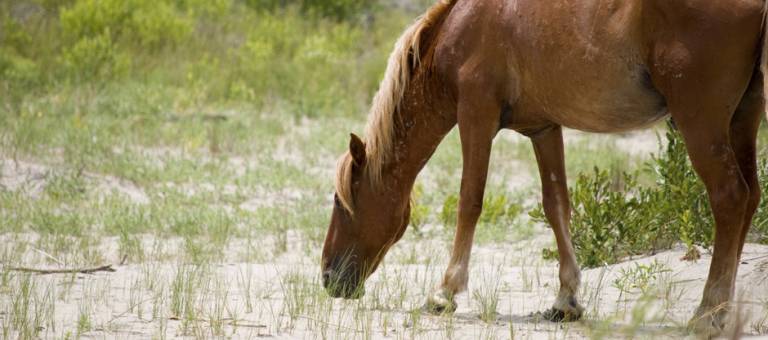
March 27, 2012
The Use of Psyllium for Insulin Resistance
In the horse world, psyllium is the product of choice to prevent sand colic, but little else in known
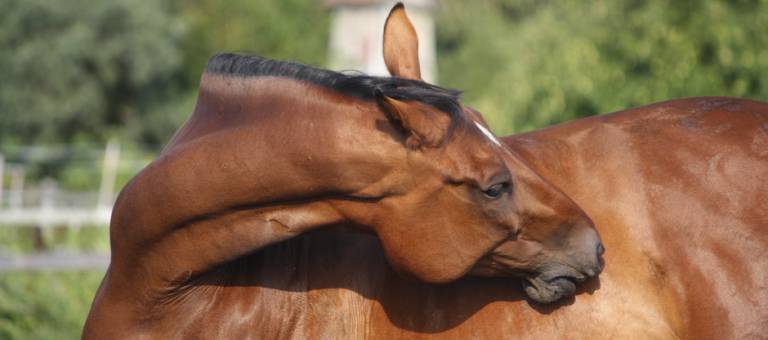
March 22, 2012
Feeding Recommendations for a Healthy Equine Digestive Tract
Good-quality hay and pasture allow the horse to get optimal nutrition with less indigestible fill.
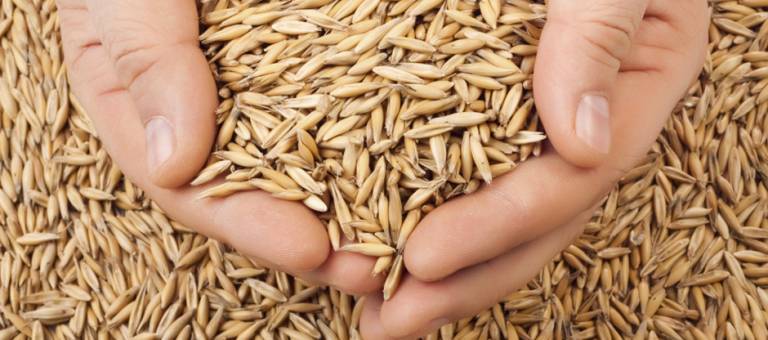
March 21, 2012
Carbohydrate Digestibility in Horses
Because monosaccharides are the only form of carbohydrates that can be absorbed from the equine intestine, more complex carbohydrates
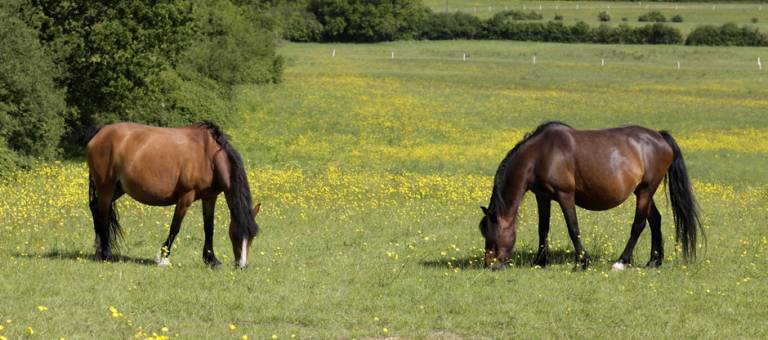
March 20, 2012
Protein Needs of Broodmares
Besides supplying the demand for fetal growth, the mare needs additional protein for other body functions and for the

March 14, 2012
Arthritis Treatment from Mint Extract
Research has indicated that rosmarinic acid, a substance found in some plants including mint, oregano, and rosemary, may be

March 14, 2012
Arthritis Treatment from Mint Extract
Rosmarinic acid, a substance found in some plants including mint, oregano, and rosemary, may be helpful in reducing pain
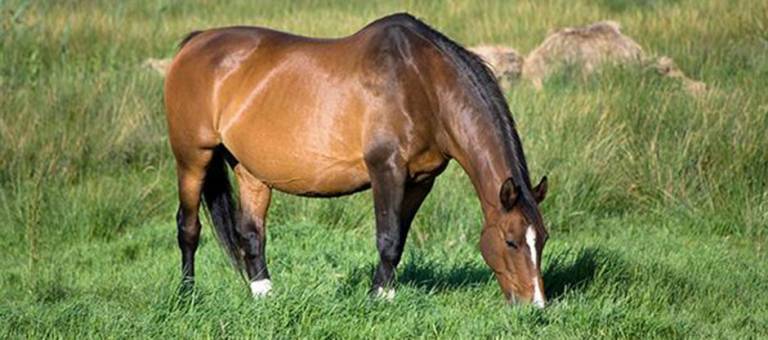
March 12, 2012
Does Gestational Diabetes Occur in Pregnant Mares?
The results of this study showed that mares in late gestation react differently to high-starch meals than open mares





